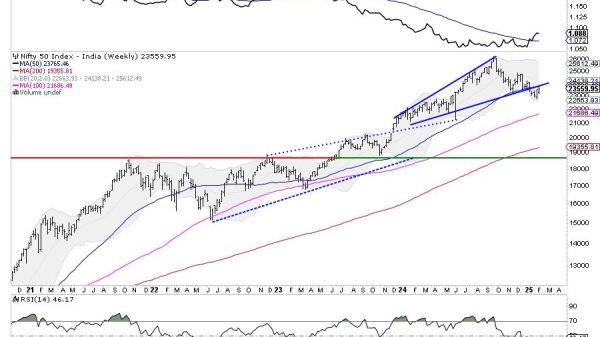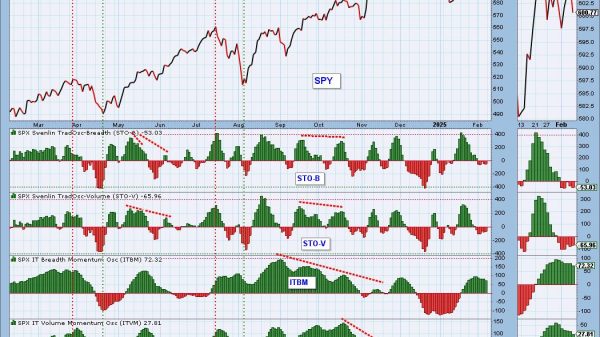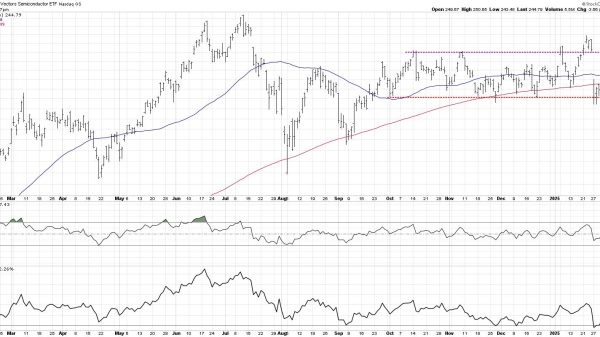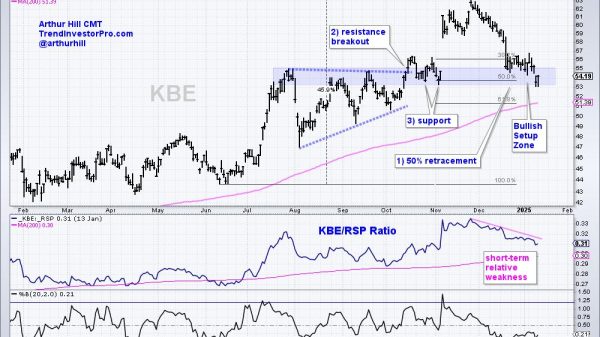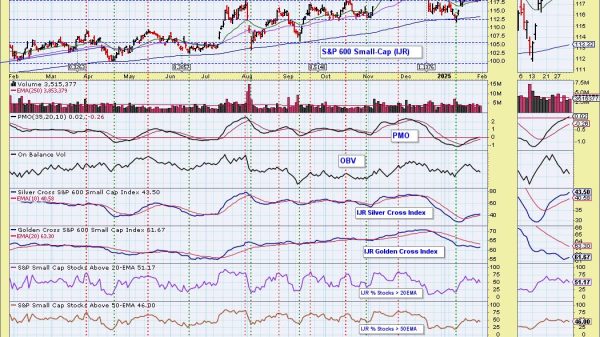
Growing anxiety over being ordered back to the office is taking its toll on UK workers’ wellbeing, according to new research by recruitment firm Hays.
In a poll of 3,600 employers and employees across both public and private sectors, more than a third (38%) of workers said that recent media stories about companies tightening their stance on office attendance had negatively affected their wellbeing. The findings come amid a broader return-to-office (RTO) push, particularly from firms in the financial sector.
Hybrid working, which became standard for more than a quarter (28%) of UK adults by early 2024, continues to enjoy strong support. Over four in five (84%) hybrid workers said that splitting their time between home and office has had a positive impact on their overall wellbeing—including mental, physical, social, and financial aspects.
The research revealed a gender split, with 87% of women saying hybrid working benefits their wellbeing, compared to 80% of men. Women also appeared more sensitive to RTO developments, with 42% saying their wellbeing had been negatively impacted by news of stricter in-office mandates, compared to 32% of men.
Younger employees are also disproportionately concerned. Those aged 20 to 29 were more likely to report wellbeing impacts from rising pressure to return to the office, in contrast to workers aged 50 and over.
A major concern cited in the report was financial pressure, particularly the cost of commuting. Nearly six in 10 (59%) respondents said financial worries would reduce their willingness to spend more time in the office.
The findings come as several high-profile employers reassert office attendance requirements. HSBC warned UK high street banking staff that bonuses could be cut if they fail to spend at least 60% of their working time at their desks. Barclays and Santander have also increased expectations around in-office working.
Meanwhile, Man Group—the world’s largest listed hedge fund—recently ordered London-based analysts to return to the office five days a week in June, following a period of underperformance.
Hannah Pearsall, Head of Wellbeing at Hays, warned that companies underestimating the impact of rigid return-to-office policies could face serious consequences.
“The popularity of hybrid working shows no signs of wavering, and the role it plays in improving wellbeing should not be overlooked,” Pearsall said.
“A lack of awareness around the impact of return-to-office mandates—particularly on financial wellbeing—could be catastrophic for the sustained success of their business.”
As businesses continue to grapple with productivity, retention and morale, the data suggests that flexibility is no longer just a perk—it’s a workplace expectation with significant implications for employee health and business performance.
Read more:
Fear of return-to-office mandates harming employee wellbeing, survey finds






